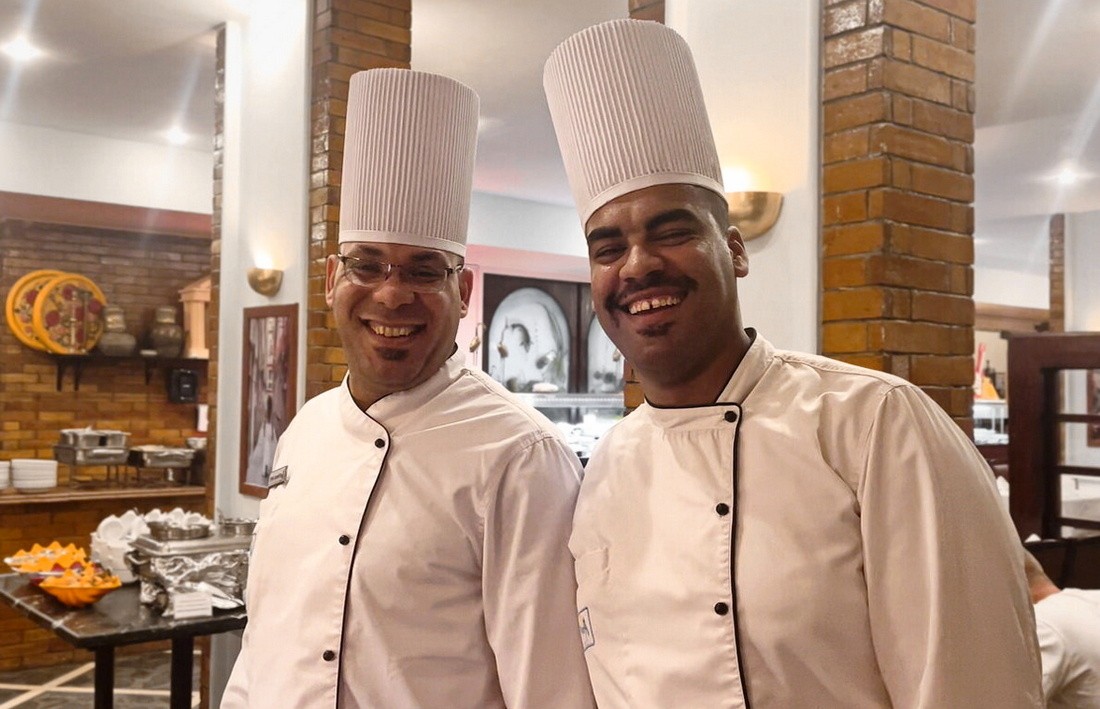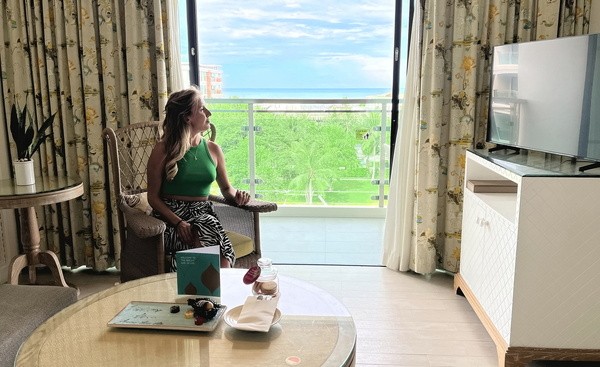Hotels Bank on Naive Tourists: 3 Egyptian Tricks You’ll Learn to Avoid
All-inclusive promises often hide traps. On a tour, I met a couple who were invited to an à-la-carte restaurant at their hotel. The waiter offered a “special” wine. They agreed, and a cart arrived with a bottle that they shared, only to discover at checkout that they were charged $15 for the wine. It wasn’t clearly disclosed that this was a paid item, not part of the all-inclusive package. These stories echo in reviews across Egypt: special bottles, hidden fees, and pressure to tip or upgrade. The point is simple—when in doubt, ask before you order or agree to anything outside the standard menu. All-inclusive is not a guarantee that everything is free.

In This Article:
The 'Special' Wine Trap: When 'Included' Isn’t
If you rely on all-inclusive, you assume standard wines are free. In practice, hotels will offer “special” wines as add-ons with extra charges. The couple’s experience isn’t rare: many reviews mention similar charges for items framed as exclusive or premium. Always ask: Is this bottle included in the package? Is the standard wine free in the main restaurant and bars? If not, be prepared to pay. The distinction between what’s included and what costs extra can save you from an unwanted bill.

One Robe Too Few: The Robe Theft Accusation
A family arrived at their room and found only one bathrobe. They assumed the housekeeping staff simply forgot the second robe and didn’t worry about it. At checkout, the hotel staff accused them of stealing the robe and demanded $50 to avoid calling the police. The couple protested and offered to have their suitcases searched to prove their innocence—an act that felt humiliating but delivered results. They were cleared, but the moment lingered. Lesson: check your room for all items as soon as you arrive, and call reception if anything is missing. Don’t be shy about reporting it. It saves nerves and money.

The Whispered Upgrade: Do You Want a Better Room?
A recurring tactic is the soft sell: front desk staff ask, “Do you want a good room?” The implied message is that paying more will get you something nicer, but it’s often a pressure to tip rather than a legitimate upgrade. Guests can end up paying $20–$30, or more, hoping for a better room, only to receive the same allocation as before or a poorly cleaned one with fixtures that don’t work. Sometimes, they’re directed back to the same room after tipping. If you’re offered an upgrade, compare what’s included for free versus what’s being sold. If you decide to upgrade, demand an official price list and a written quote, and don’t confuse tipping with an official upgrade price. In short: insist on transparency and avoid paying just for a whispered suggestion. Quotes from the situation mirror the broader lesson: don’t treat a whispered offer as a guaranteed improvement.


